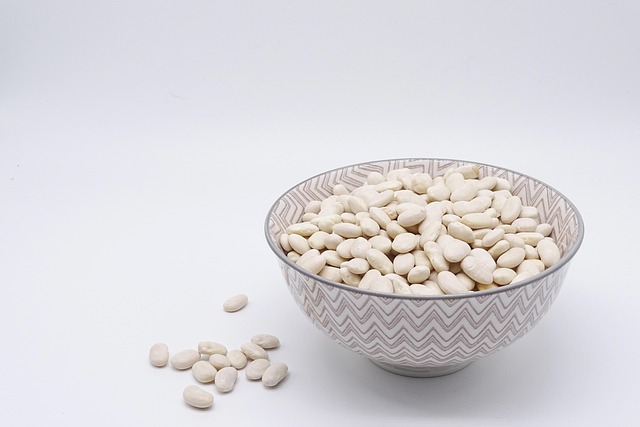In our journey towards a healthy lifestyle, the importance of nutrition cannot be overstated. Among the macronutrients that we consume, protein plays a crucial role in our overall well-being. But not all proteins are created equal. Enter the concept of complete proteins, which contain all nine essential amino acids necessary for our body’s optimal functioning.
What are Complete Proteins?
Complete proteins are food sources that provide all the essential amino acids our bodies cannot synthesize on their own. These amino acids are vital for diverse processes, including muscle recovery, hormone production, and the repair of damaged tissues. Familiar sources of complete proteins include animal-based foods such as meat, fish, eggs, dairy, and a select few plant-based options like quinoa and soy.
Why Choose Complete Proteins?
Integrating complete proteins into your diet offers numerous benefits that align perfectly with a healthy nutrition approach. Firstly, they promote muscle growth and maintenance, making them essential for those engaging in physical activity or seeking to enhance their fitness levels. Secondly, protein-rich meals can help regulate hunger, as they tend to keep you feeling full longer, aiding in weight management.
Sources of Complete Proteins
As we strive for a balanced diet, it’s vital to recognize the sources of complete proteins that can seamlessly fit into our meals. Here are some fantastic options:
- Meat and Poultry: Lean cuts of chicken, beef, turkey, and pork are excellent sources of protein.
- Fish and Seafood: Rich in omega-3 fatty acids, fish like salmon and tuna also provide a hefty dose of complete protein.
- Dairy Products: Milk, yogurt, and cheese are not just delicious; they’re nutritional powerhouses.
- Eggs: Often dubbed a superfood, eggs are a versatile and one of the most excellent sources of complete protein.
- Plant-Based Sources: Foods like quinoa, soy products (tofu, tempeh), and certain seed combinations like rice and beans can also provide complete proteins.
Incorporating Complete Proteins into Your Diet
The beauty of complete proteins is their versatility. For those pursuing a healthy lifestyle, meals can be as simple as grilled chicken salads, quinoa bowls, or egg omelets filled with vegetables. The key is to be creative and include a variety of protein sources to keep your diet interesting and nutritionally balanced. Additionally, consider mixing different protein sources; for instance, pairing legumes with grains can create a complete protein profile, making it suitable for vegetarians and vegans.
As we prioritize our nutrition, understanding and incorporating complete proteins in our diets can greatly contribute to our health. With the right choices, we can fuel our bodies effectively and enjoy the journey towards a healthier lifestyle. Embrace the power of complete proteins and watch your energy levels and overall health soar!


